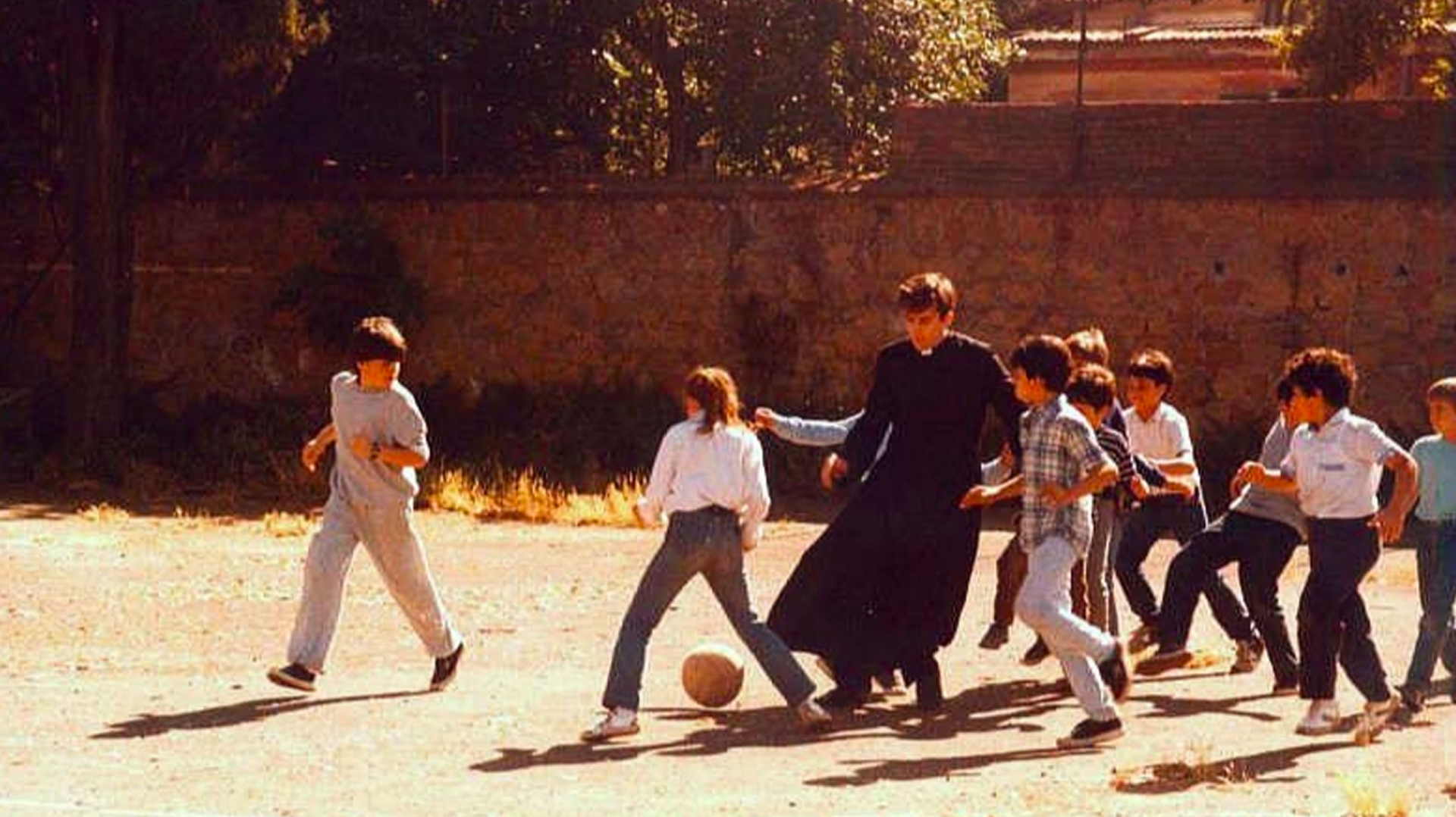Film will be introduced by Piera Detassis.
A relentless critic of the cannibalizing and gullible aspects of the 1968 movement, Moretti is one of its few heirs, with his neurotic, candid, and absolute desire to change the world. A neoromantic moralist. In his new film, Moretti feels like laughing even less than in Bianca: the always brief, at times fulminating situations unravelling on the screen – only rarely less incisive than it is necessary – are connoted by a bland irony. (Tullio Kezich, la Repubblica, November 16, 1985)
In Bianca, on the notes of Caterina Caselli’s Arrivederci amore ciao, Michele told two customers to call the police because he was going to shoot himself. In The Mass Is Ended, with the background music provided by Franco Battiato’s and Alice’s The Trains for Tozeur, after reading the essay of a little girl on her father he declaims, “I love you all, oh you who are in this bar.”
At the same time though, it is an exemplary synthesis of how autobiographical traces surface in the film, beginning from the presence of objects, e.g. the photos hanging on his room’s wall, the ball, the soccer boots. […] Bruno Lauzi’s Ritornerai is even more crucial, because that’s where Moretti’s subjective cinema puts itself on the line, even more than with Bianca. […] In The Mass Is Ended, Moretti’s gaze overlaps with that of Father Giulio, just like the projection of a dream/desire. The first time we hear the song, his father dances with his mother and he with his sister. The second time, it represents the second ending. The one after the mass is ended. At that point, it’s as if his mission for the happiness of the others was finally over. And we are back to square one. With a wedding before the credits. (Simone Emiliani, Sentieri Selvaggi, January 9, 2017)
TUTTE LE PROIEZIONI SONO GRATUITE CON PRENOTAZIONE
PRENOTA IL TUO BIGLIETTO

